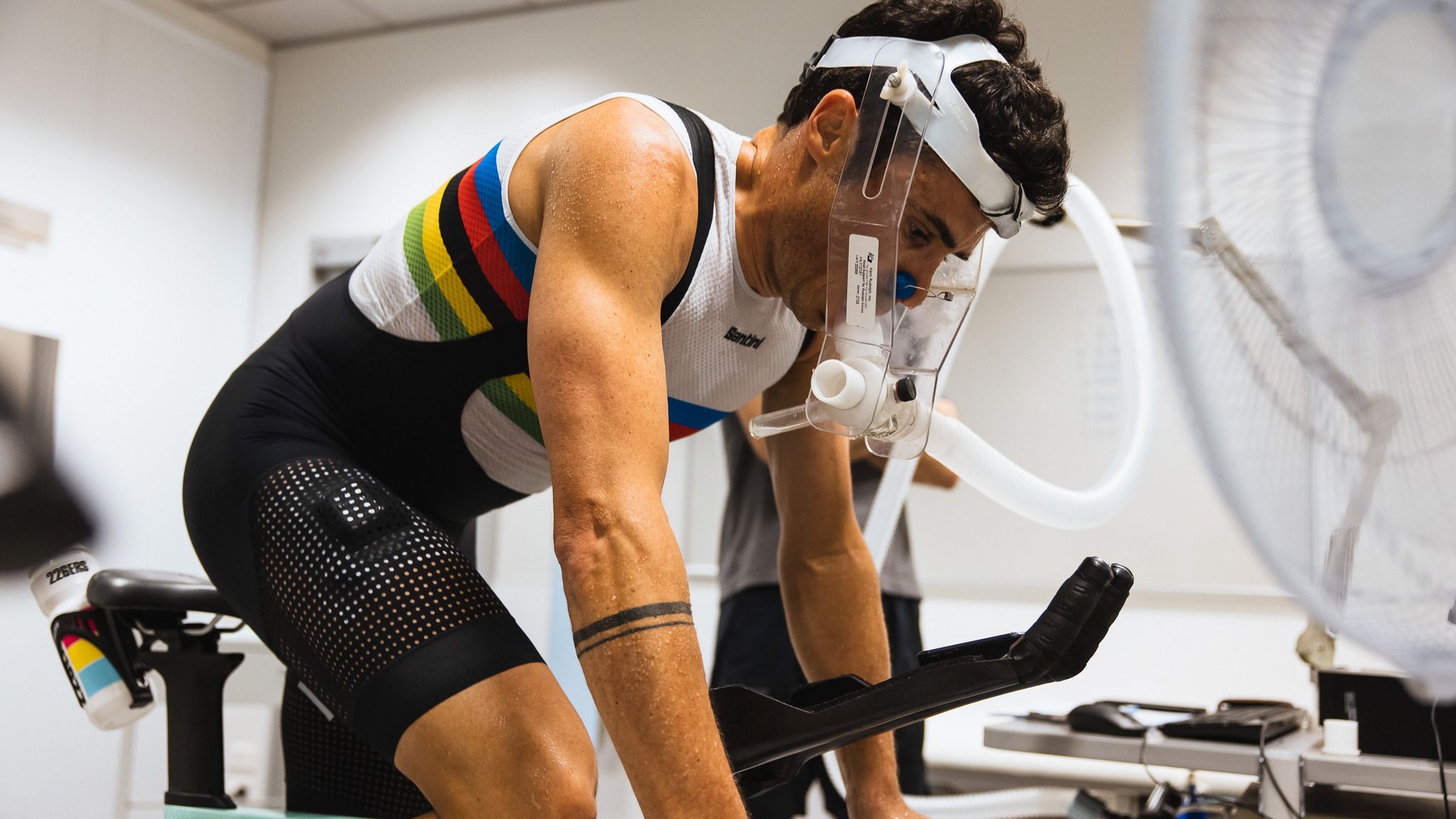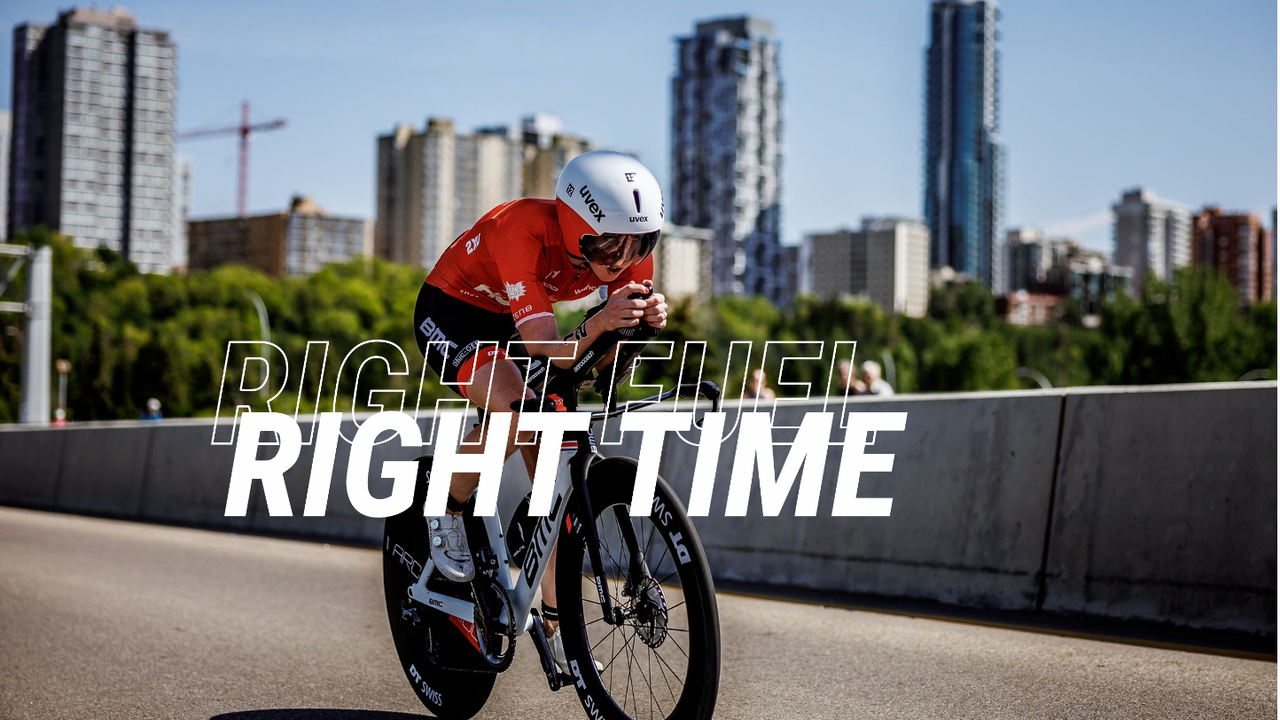Maximal fat oxidation rates: What does it mean, what does it tell you?

We have discussed in detail that having a robust capacity to use our fat energy stores to support exercise is important for long-distance triathlons. That is because our stored fat is effectively unlimited in the context of exercise, even very long-duration exercise in very lean athletes. In contrast, our stored carbohydrate reserves are finite and will be depleted to very low concentrations after exercise of sufficient length and intensity. To put this in perspective, a lean, 70-kg triathlete with 10% body fat has at least enough energy in their 7 kg of stored fat to complete more than Ironman triathlons back-to-back (3). Of course, those are theoretical Ironmans; the point I am making here is that whilst depletion of stored carbohydrates can lead to the fatigue we recognise as ‘hitting the wall’, we don’t slow down in an Ironman because we run out of fat energy (4).
As an exercise physiologist working in applied practice, I regularly test the fat oxidation capacities of endurance at...
Right Fuel, Right Time – Carbohydrate Manipulation to Make Every Session Count!

One of the hot topics in endurance sports nutrition at the moment is ‘carbohydrate periodization’ (4, 6).
What is carbohydrate periodization?
Like training periodization, in which we manipulate our training programming to best achieve our training objectives, carbohydrate periodization is a nutrition strategy in which carbohydrate intake is manipulated in line with training demands and to meet the objectives of individual sessions. These objectives may be to maximise acute performance within the session, or to facilitate high-fat oxidation rates, for example. We call this the ‘Right Fuel, Right Time’ approach. The rationale for this approach is that adequate carbohydrates should be consumed to support the quality of training sessions but that we should avoid overconsuming carbohydrates on easier, less demanding days, as this may blunt the signals that lead to positive adaptive responses (3).
In this blog, I will briefly discuss some of the research on the Right Fuel, Right Time appr...
